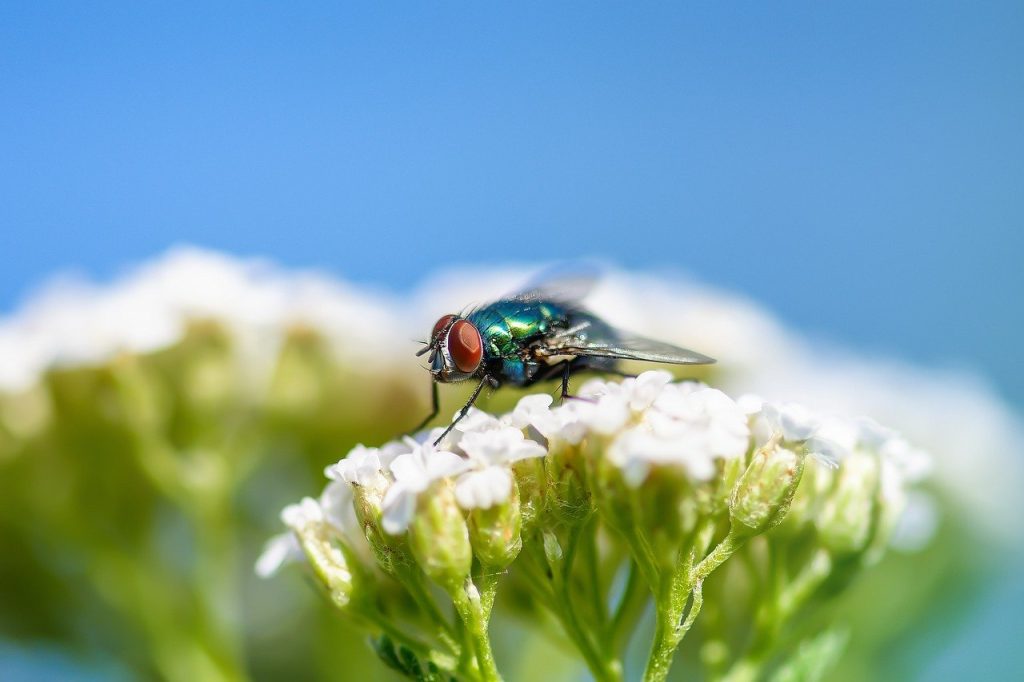Pests can be a major nuisance, causing damage to property, spreading diseases and creating an unsanitary environment. Effective pest control is essential to ensure the well-being and comfort of both residential and commercial spaces. Here are some key things you need to know to control pests effectively.

- Identification: The first step in pest control is identifying the type of pest you are dealing with. Different pests require different control methods, so accurately identifying the pest is crucial. Common pests include rodents, insects such as ants, cockroaches and termites, mosquitoes, bed bugs and flies. By recognizing the pest species, you can develop an appropriate control strategy.
- Prevention: Prevention is always better than cure when it comes to pest control. Take proactive measures to eliminate conditions that attract pests. Keep your surroundings clean and tidy, store food in airtight containers, seal cracks and crevices and fix leaky pipes to minimize water sources. Regularly inspect and maintain your property to prevent potential entry points for pests.
- Integrated Pest Management (IPM): Integrated Pest Management is an effective approach that combines multiple strategies to control pests. IPM involves a combination of preventive measures, monitoring and targeted treatment. This holistic approach focuses on long-term solutions rather than relying solely on pesticides. It emphasizes using environmentally friendly methods, such as biological control introducing natural predators and mechanical control traps and barriers.
- Professional Assistance: While DIY pest control methods may work for minor infestations, severe or recurring pest problems often require professional assistance. Pest control professionals have the knowledge, experience and resources to handle a wide range of pest issues. They can accurately identify the pests, determine the extent of the infestation and implement appropriate control measures safely and effectively.
- Responsible Pesticide Use: If you choose to use pesticides, it is crucial to do so responsibly. Read and follow the instructions on the pesticide label carefully. Use the appropriate dosage and application method to minimize the risks to human health and the environment. If you are unsure about handling pesticides, it is best to seek professional help to ensure proper and safe application.
- Regular Inspections and Maintenance: Regular inspections are essential to detect and address pest problems early on. Schedule periodic inspections of your property to identify signs of pest activity or conditions that may attract pests and pop over to these guys https://goawaypestcontrol.com/. Promptly address any issues identified during inspections to prevent the infestation from spreading or becoming more severe.
- Environmental Considerations: When implementing pest control measures, consider the potential impact on the environment. Opt for environmentally friendly options whenever possible. Minimize the use of pesticides and choose low-toxicity alternatives. Implement measures that promote biodiversity and support natural pest control methods.
Remember, pest control is an ongoing process. Even if you have successfully eliminated pests from your property, it is important to maintain preventive measures to avoid future infestations. By staying proactive, seeking professional assistance when necessary and adopting responsible pest control practices, you can effectively manage pests and maintain a healthy living or working environment.